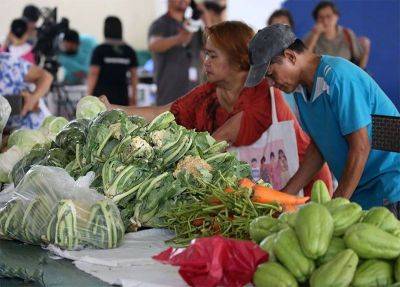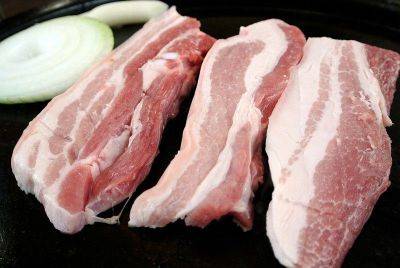Philippine food exporters push to reclaim their space in global market
NONTHABURI, Thailand — Intensified regional competition and similar products from neighbors are pushing Philippine exporters to bolster their position in the global market.
At the recently held THAIFEX Anuga Asia in Thailand, 25 Philippine-based exporters showcased a range of products, aiming to amplify visibility and forge partnerships that open doors to new distribution channels on a global scale.
Among the products exhibited by the Philippines were fruit products like dried mango, banana chips, coco sugars, and fruit powders. While these products are also available from neighboring countries, the Philippines faces the challenge of distinguishing itself as a preferred option.
“The most important thing is that we get the buyers [who] look for similar products, and they can see that these products are also available in the Philippines,” Ruben See, president of Philippine Food Processors & Exporters Organization, Inc (Philfoodex Inc.) told Philstar.com.
The Philippines is experiencing heightened competition from its ASEAN neighbors and other countries offering similar products.
Earlier this year, it was reported that the Philippines lost its position as the world’s second-largest exporter of bananas, ending a six-year reign. This shift in banana exports highlights a broader trend affecting Filipino exports.
See, in an interview, emphasized the Philippines' history of innovation in food product development and its strength in export products. However, these products have increasingly become available in other countries, often on a larger scale, posing difficulties for the Philippines in maintaining its competitive edge.
“We were once very famous for Nata de Coco, but it slowly faded away from us. Another example is Virgin Coconut Oil and Coco Sugar, which are innovations. But now, other countries are benefiting from them. It's a missed opportunity,” he shared.
Despite the Philippines' efforts, See said that the country struggles to keep up with competitors who multiply their efforts at a much faster rate.
He cited calamansi, a citrus hybrid predominantly cultivated in the Philippines, as an example. While calamansi is anticipated to be popular in many countries






